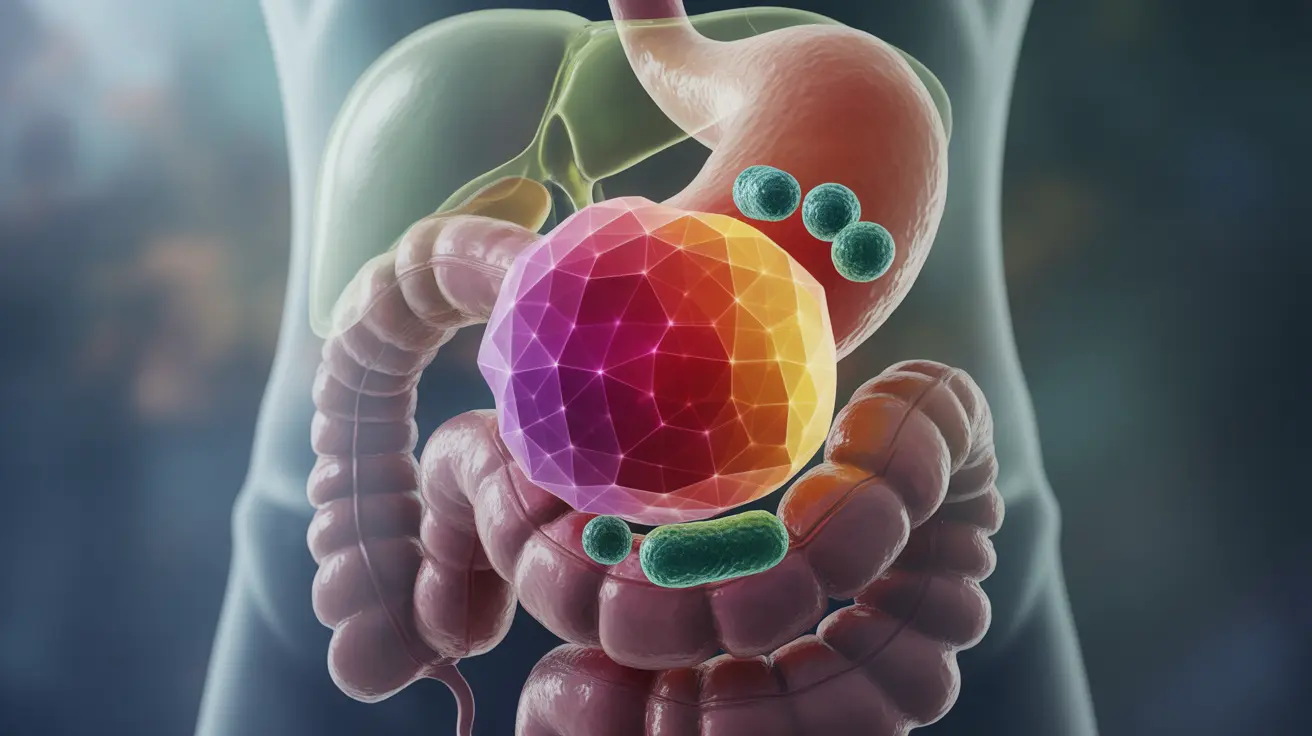Many people have long believed in the digestive benefits of wine, particularly red wine, after meals. This traditional practice, common in many cultures, has sparked scientific interest in understanding how wine might affect our digestive system and gut health. But what does the research actually tell us about wine's impact on digestion?
The Science Behind Wine and Digestive Health
Wine contains several compounds that may influence digestion and gut health. The most significant of these are polyphenols, particularly resveratrol and flavonoids, which have demonstrated antioxidant and anti-inflammatory properties. These compounds interact with our gut microbiome - the complex community of bacteria living in our digestive system.
How Wine Affects Gut Bacteria
Research suggests that moderate wine consumption may positively influence the diversity and composition of gut bacteria. The polyphenols in wine can act as prebiotics, supporting the growth of beneficial bacteria while potentially inhibiting harmful bacterial growth. This balance is crucial for optimal digestive health and overall well-being.
Comparing Wine to Other Alcoholic Beverages
Not all alcoholic beverages affect digestion in the same way. While wine, especially red wine, contains beneficial compounds, other alcoholic drinks may lack these protective elements. The unique combination of polyphenols and other bioactive compounds in wine sets it apart from spirits and beer in terms of potential digestive benefits.
Red Wine vs. White Wine for Digestion
Red wine typically contains higher concentrations of beneficial compounds compared to white wine. This is primarily due to the extended contact with grape skins during the fermentation process, which allows for greater extraction of polyphenols and other beneficial compounds.
Moderation and Safety Considerations
While moderate wine consumption may offer some digestive benefits, it's crucial to understand the limitations and potential risks. The key lies in moderation, as excessive alcohol consumption can have severe negative effects on digestive health.
Recommended Consumption Guidelines
Health organizations generally define moderate drinking as up to one drink per day for women and up to two drinks per day for men. For wine specifically, one drink equals 5 ounces (148 ml). It's important to note that these are maximum limits, not daily recommendations.
Potential Risks and Contraindications
Some individuals should avoid alcohol altogether, including those with certain medical conditions, people taking specific medications, and those with a history of alcohol use disorder. Excessive wine consumption can lead to various digestive problems, including acid reflux, inflammation, and altered gut barrier function.
Frequently Asked Questions
Does drinking red wine help improve digestion and gut health? Research suggests that moderate red wine consumption may support gut health through its polyphenol content, which can promote beneficial gut bacteria growth. However, benefits are modest and should not be a reason to start drinking.
What are the digestive benefits of red wine compared to other alcoholic drinks? Red wine contains higher levels of beneficial polyphenols compared to other alcoholic beverages, potentially offering more positive effects on gut bacteria and digestion. However, these benefits are specific to moderate consumption.
How do the polyphenols in red wine affect gut bacteria and digestion? Polyphenols act as prebiotics, supporting the growth of beneficial gut bacteria while potentially inhibiting harmful bacteria. They may also help reduce inflammation in the digestive system.
Can moderate red wine consumption reduce digestive problems or improve metabolism? While some studies suggest moderate wine consumption may support digestive health and metabolic function, results are mixed. Any potential benefits should be weighed against the risks of alcohol consumption.
What are the risks of drinking red wine for digestive health and how much is safe? Excessive wine consumption can lead to acid reflux, inflammation, and other digestive issues. Safe consumption limits are generally one drink daily for women and two for men, though individual tolerance varies. Some people should avoid alcohol entirely.




